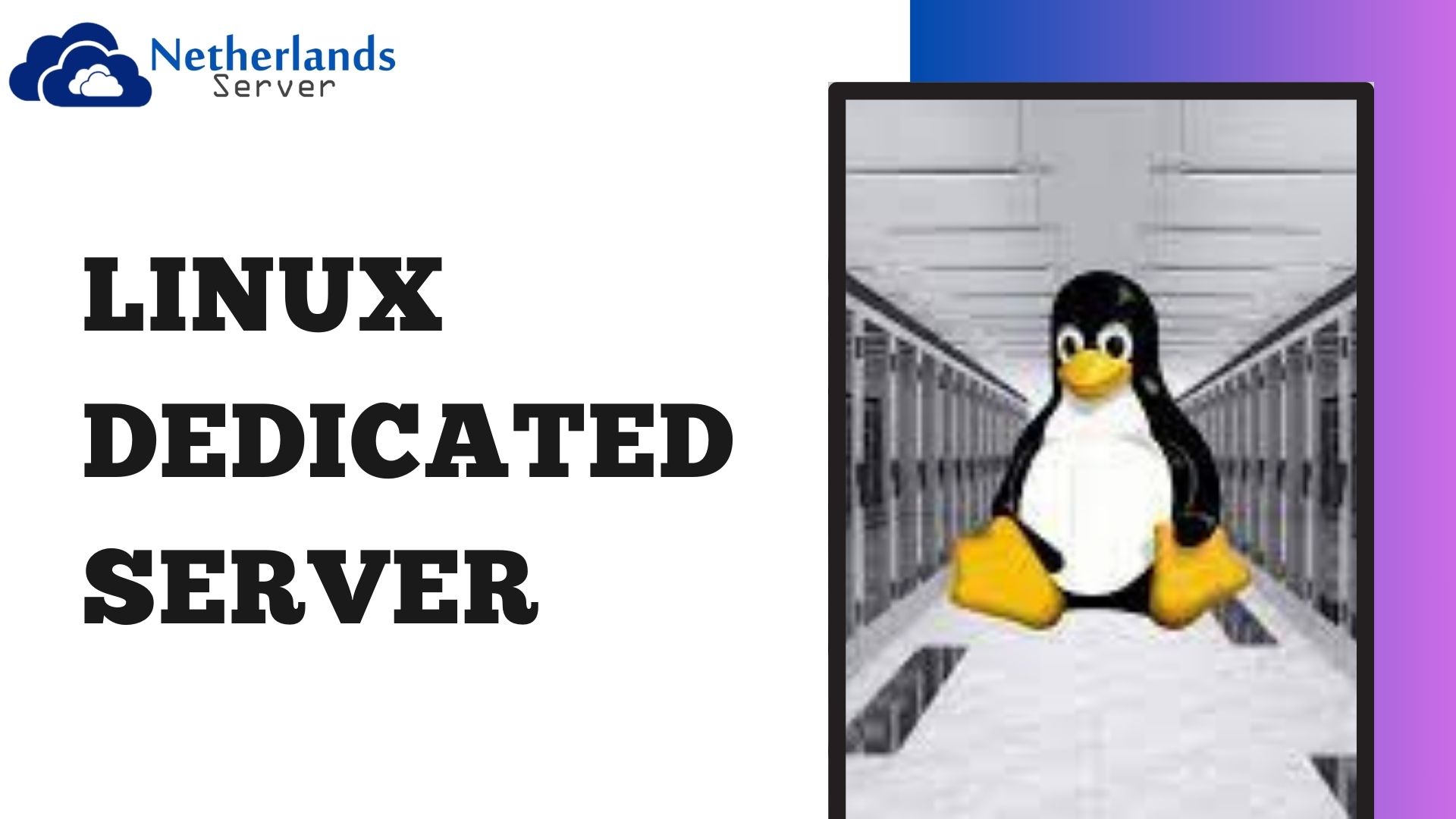Introduction to Linux Dedicated Server
In the world of web hosting and server management, Linux Dedicated Server are a powerful and flexible choice. These servers offer a myriad of benefits to businesses and individuals alike. In this comprehensive guide, we will delve into what Best Dedicated Server are, why they are an excellent choice, how to set them up, and the best practices for managing them.
What is a Cheap Dedicated Server?
A Cheap Dedicated Server, in essence, is a physical server machine that is entirely dedicated to a single user or organization. Unlike shared hosting where multiple users share the same server resources, a dedicated server is exclusively reserved for one user, providing enhanced performance, security, and control.
Advantages of Best Dedicated Server
Performance: With a dedicated server, you have the entire server’s resources at your disposal. This means faster loading times, smoother performance, and the ability to handle high traffic volumes without breaking a sweat.
Security: Security is a top concern for any online venture. Dedicated servers provide a higher level of security since you are not sharing resources with others. You have full control over server configurations and can implement security measures tailored to your needs.
Customization: Best Dedicated Server allows you to customize the server environment to meet your specific requirements. You can choose the Linux distribution, install software, and configure settings according to your needs.
Reliability: Dedicated server offer excellent uptime and reliability. You won’t be affected by the actions of other users on the server, reducing the risk of downtime.
Scalability: As your business grows, you can easily scale your dedicated server resources to accommodate increased traffic and data storage needs.
Setting Up a Linux Dedicated Server
Setting up a Linux Dedicated Server involves several key steps:
Choose a Hosting Provider: Select a reputable hosting provider that offers Linux Dedicated Server solutions. Make sure to consider factors like server hardware, data center location, and customer support.
Select the Linux Distribution: Choose a Linux distribution that suits your needs. Popular choices include Ubuntu Server, CentOS, Debian, and Red Hat Enterprise Linux.
Server Hardware Configuration: Customize the server hardware to meet your requirements. This includes selecting the CPU, RAM, storage type (HDD or SSD), and additional features like RAID for data redundancy.
Operating System Installation: Install the chosen Linux distribution on your dedicated server. Most hosting providers offer easy installation options or provide OS templates for quick setup.
Server Configuration:
Configure the server settings, including network settings, security measures, and user access controls. Set up firewall rules to protect your server from unauthorized access.
Software Installation: Install the necessary software and services, such as a web server (e.g., Apache or Nginx), a database server (e.g., MySQL or PostgreSQL), and any other applications required for your specific use case.
Website and Content Migration: If you’re moving an existing website or content to the dedicated server, migrate your data and website files, ensuring everything works seamlessly.
Regular Backups: Implement a backup strategy to safeguard your data. Schedule regular backups to an external location or cloud storage.
Best Practices for Managing a Dedicated Server
To ensure your Dedicated Server operates smoothly, consider these best practices:
Security: Regularly update your server’s software and apply security patches. Implement strong passwords and consider using a secure shell (SSH) key-based authentication.
Monitoring: Set up server monitoring tools to track performance metrics, resource usage, and potential issues in real-time.
Backups: As mentioned earlier, maintain regular backups of your data. Test the backup restoration process to ensure data integrity.
Scalability: Monitor your server’s resource usage and scale up as needed to accommodate growth in traffic or data.
Documentation: Keep detailed documentation of server configurations, software installations, and procedures. This helps in troubleshooting and future reference.
Regular Maintenance: Conduct routine server maintenance tasks, such as cleaning up unnecessary files, optimizing databases, and checking for hardware issues.
Support and Assistance: If you encounter complex issues or are unsure about server management, don’t hesitate to seek assistance from your hosting provider or a professional server administrator.
Conclusion
In conclusion, Windows Dedicated Server offers a robust hosting solution with unparalleled performance, security, and customization options. By following best practices and diligent server management, you can harness the full potential of your dedicated server for your online endeavors. Whether you’re hosting a website, running applications, or managing data, a Best Dedicated Server can be the backbone of your online presence.
FAQs
Q1. What is a Linux Dedicated Server?
A Linux Dedicated Server is a physical server exclusively dedicated to one user or organization. It provides complete control over server resources, offering high performance and security.
Q2. How is a Dedicated Server different from shared hosting?
Unlike shared hosting where resources are shared among multiple users, a Linux Dedicated Server is reserved for a single user. This ensures better performance, security, and customization options.
Q3. Which Linux distribution is best for a Dedicated Server?
The choice of Linux distribution depends on your specific needs. Popular options include Ubuntu Server, CentOS, Debian, and Red Hat Enterprise Linux. Select one that aligns with your preferences and requirements.
Q4. How can I enhance the security of my Cheap Dedicated Server?
Improve security by keeping your server software up to date, using strong passwords, implementing firewall rules, and regularly monitoring server logs for suspicious activities. Consider using intrusion detection systems (IDS) for added protection.
Q5. Can I upgrade the resources of my Linux Dedicated Server as my website or application grows?
Yes, most hosting providers offer scalability options. You can upgrade CPU, RAM, storage, and other resources as your needs evolve, ensuring your server can handle increased traffic and data demands.
